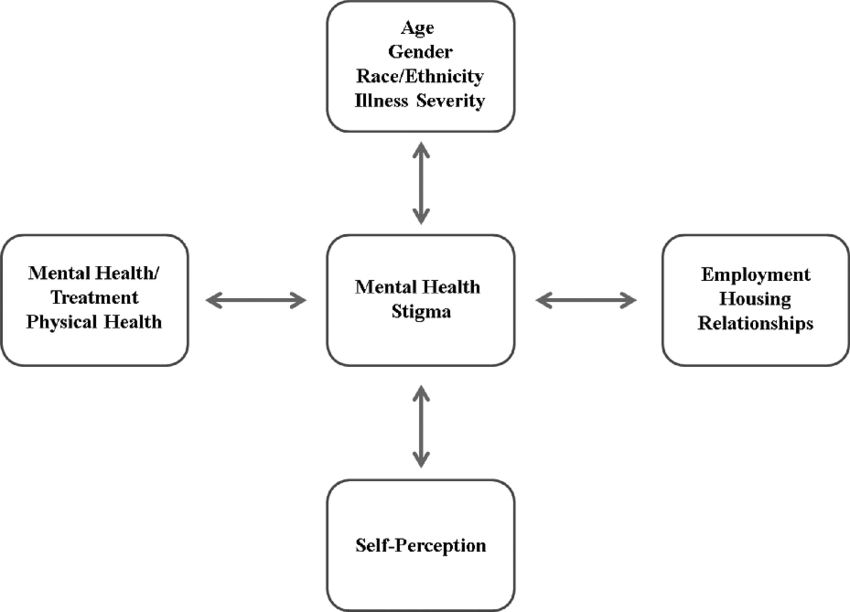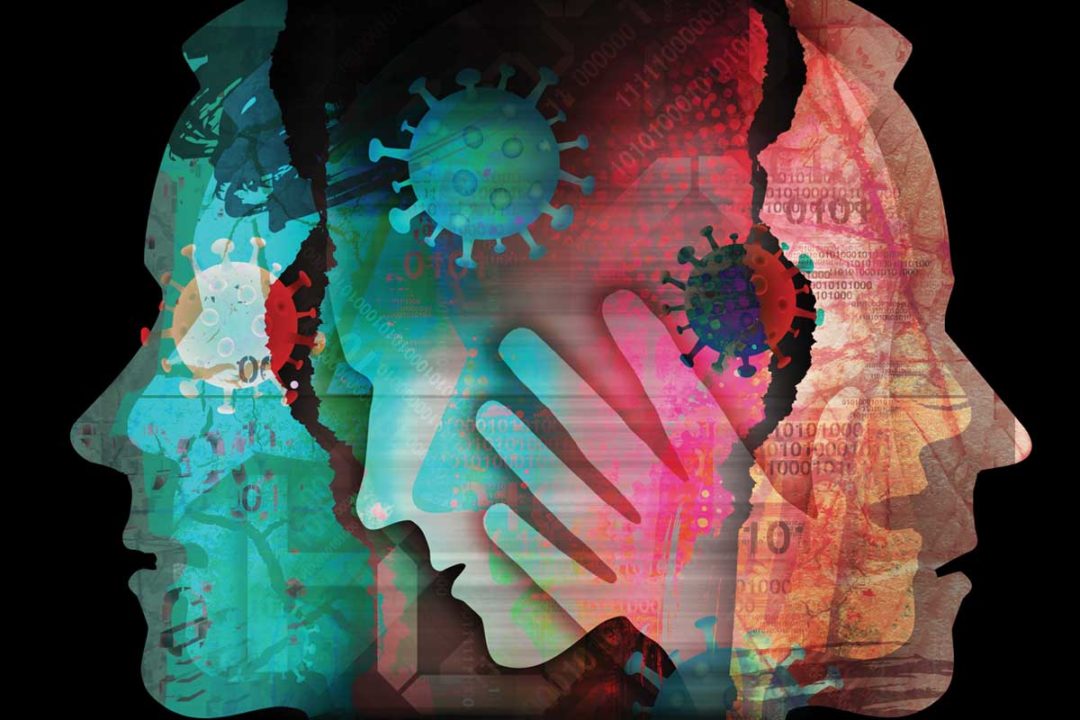
If you are concerned that your child or loved one may have mental health issues, the first step is to see a doctor. A physical examination can rule out physical illness. A visit with a mental professional will include an assessment and interview. During this visit the mental health professional will examine the patient to determine if there are any signs or symptoms. Intervention may be necessary if there are concerns from family members or friends.
Options for treatment
Mild to moderate mental illnesses can be treated by a primary caregiver. More serious disorders require a team approach. There are many treatments that can help patients overcome mental health issues, such as psychotherapy. The best treatment options for each patient depend on their medical history, severity, and individual circumstances. Patients with severe mental disorders will need to be admitted to psychiatric facilities or outpatient care. The individual's situation, health, and response to treatment will determine the best type of treatment.
Language barriers
Access to health care is becoming more difficult for immigrants and refugees, particularly in the United States. There were around 40 million people of foreign origin in the country in 2010, which represents 13% of all the population. Twenty-fivemillion of these individuals spoke very limited English, approximately nine percent. Language barriers make it difficult to obtain the health care that they need. And because language barriers are often related to limited income, these populations face the added burden of navigating the health care system.

Implicit bias
It is well-known that implicit bias can play a significant role when disparities are created in mental health care for marginalized people. New research indicates that implicit biases among service providers could be more prevalent than previously believed. These biases are subconscious and activate automatically in practitioner-client interactions. They can undermine treatment outcomes and access to care, particularly when they are manifested at the intersection of the criminal justice and mental health systems.
Pandemic's effects on mental health
Concerns have been raised about the impact of COVID-19 on mental health and substance abuse. A survey in 2020 revealed that 41% of adults experienced symptoms of depression or anxiety. These stressors have led to an increase in suicide attempts and substance abuse among these individuals. Even more alarming, 11% of these adults reported that they had thoughts of suicide in the past 30 days. Suicide rates are already high and the Pandemic may make them even higher.
Suicide rates
Suicide is a serious problem worldwide. More than 703000 Americans take their lives each year in the United States. Others attempt suicide. Suicide can have significant consequences for families, communities, countries, and individuals. It affects individuals of all ages, from adolescents to the elderly, and it has become the fourth leading cause of death among 15 to 29 year-olds. Suicide is a major problem in the world. In 2017, 77% were committed in low and middle income countries.

FAQ
How can I prevent my mental health problems from happening?
It is not easy to prevent mental health problems. Here are some things to keep in your mind.
-
Don't drink alcohol. Drinking alcohol can cause depression and affect your mood.
-
Avoid using drugs. Drugs can cause brain damage and worsen your symptoms.
-
Sleep well. Depriving yourself of sleep can lead to anxiety and depression.
-
Exercise regularly. Exercise makes you feel happy and releases endorphins.
-
Healthy foods are the best. Junk food can make you feel lazy and unwell.
-
Spend quality time with those you love. It can be a great way to improve your mood.
-
Have fun. Have fun and explore new things.
-
Take breaks from social media. Social media sites can make it difficult to feel alone and lonely.
-
Be kind to your self. Treat yourself nicely, even if you aren't feeling great.
-
Ask for help. If you're struggling to cope, ask for help. Talking to someone you trust can be a help.
-
It's okay to let go. Crying helps you release tension and stress. It doesn’t mean something bad happened.
-
Keep busy. Do something that you love.
-
Good hygiene is essential. A lack of hygiene can make you look unattractive and unclean.
-
Stay connected. Connecting with others will help you stay positive.
-
Learn how to relax. Relaxation techniques such as meditation and yoga can help you to cope with stress.
-
Find meaning in what you do. Find meaning in your hobby or work can bring you fulfillment.
-
You should be focusing on the moment. You won't worry about the future if you are focusing on the moment.
-
Set goals. Set goals will motivate you to achieve them.
-
Do something nice for you. Being kind to yourself can help boost self-esteem.
-
Practice gratitude. Gratitude will help you appreciate all the positive things in your life.
-
Volunteer. Volunteering is an enjoyable way of spending time and making a difference in this world.
-
Give back. Giving back can help you feel fulfilled.
-
Be aware of warning signs. You should be aware of warning signs and reach out for assistance if you notice any changes.
How does mental well-being affect daily life?
At some point in our lives, everyone is susceptible to mental illness. There is one major difference between people with mental illness and those without it: they don't seek out help. Talk to someone if something feels wrong. There are many ways to deal with depression, anxiety, stress, etc., such as therapy, medication, exercise, diet, meditation, and other methods.
Are there any problems with me if my depression is persistent?
Teens often struggle with depression. It's important to remember that depression is a common problem among teens.
This doesn't mean that you're crazy or weak. People who are depressed don't know it. Depression is a medical condition.
There are different kinds of depression. Some people feel only sadness, while some others experience other emotions. There are also different levels of severity.
Some people are mildly depressed while others experience severe depression. It's important to understand that depression isn't always bad. Sometimes, depression can be helpful in coping with stressful situations.
If you are constantly feeling sad, tired, or demotivated, it's a good idea for you to visit a doctor. Your doctor will be able to diagnose you and determine if you need treatment.
How can one tell if someone has a mental disorder?
When symptoms interfere with daily life, a person can be diagnosed with a psychological illness. There are many symptoms of mental illness. The most common signs are: sadness and anxiety; feeling guilty, hopeless; lonely; depressed; confused; worthless; guilty, suicidal.
A person may also be diagnosed with a mental disorder if they meet at least three out of four criteria listed below:
-
Disturbed thoughts and feelings
-
Be disturbed
-
Disturbance in functioning
-
Impairment in the ability to relate to others
What are some mental-emotional issues?
Any condition that causes major distress or impairment in functioning can be considered mental disorder. Mental disorders include anxiety, bipolar disorder (depression), schizophrenia, borderline personality disorders, obsessive-compulsive disorders, post-traumatic stress disorder (PTSD), eating disorders, substance abuse and other.
What is Positive Psychology and Why Is It Important?
Positive psychology looks at what makes us feel better. The goal of positive psychology is to help individuals become happier, healthier, and wiser through self-improvement.
There are two kinds of positive psychology: trait and process. Trait positiv psychology examines the way people naturally behave. How we can use certain strategies for achieving specific goals in process positive psychology
Statistics
- It means no drinking any alcoholic beverages and no taking any drugs that aren't 100% natural.
- Similarly, for positive mental health, there is likely to be substantial agreement about some typical components (e.g., resilience to stress) 6, and controversy about more atypical components (e.g., career consolidation). (ncbi.nlm.nih.gov)
- Appropriate nutrition and exercise are likely among the most efficacious and cost-effective positive mental health interventions. (ncbi.nlm.nih.gov)
- According to the National Alliance of Mental Illness (NAMI), one in five Americans experiences mental health issues which translates to more than 40 million adults a year. (doctorondemand.com)
- More than 50% will be diagnosed with a mental illness or disorder at some point in their lifetime.3 (cdc.gov)
External Links
How To
How to Improve Your Memory
Everyone wants to be better at remembering things. Unfortunately, memory impairment is something that all of us will experience at one time or another. In fact, more Americans than 65 years old suffer from dementia.
There are many options available to improve your memory, regardless of whether you have Alzheimer's or dementia. Here are three simple steps you can try today:
-
Increase your intake of fruits and vegetables. Vegetables and fruit contain vitamins, minerals, antioxidants, fiber, and other phytochemicals that can improve brain function. They also have essential nutrients that protect against neurological disease.
-
Get enough sleep. A lack of sleep can lead to memory loss and poor concentration. Get seven to 8 hours of uninterrupted sleep every night.
-
Go for a walk. Walking stimulates blood flow, which increases memory. Walking helps you look slimmer, healthier, and more energetic.